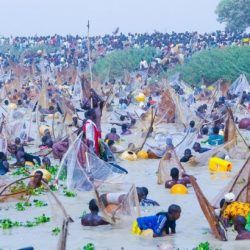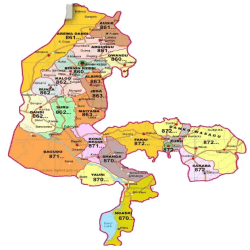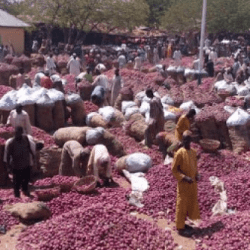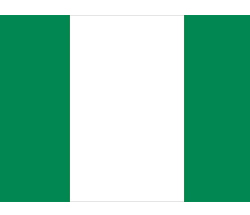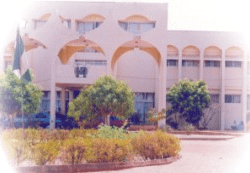Kebbi, a state in Nigeria, was created on 27th August, 1991, out of the then Sokoto State, following the creation of nine additional states and the readjustment of geographical boundaries of the then twenty-one States by the Federal Government.

The state is bounded by Sokoto State to the north and east, Niger State to the south, and Benin Republic to the west. It has a total land area of 36,129 sq.km.
Administrative Areas: Kebbi is divided into twenty one local government areas , four emirate councils (Gwandu, Argungu, Yauri and Zuru), and thirty five districts.
As at 1999, the State has three senatorial districts, eight federal constituencies and twenty one state legislative constituencies.
Administrative Structure: Kebbi government comprises three administrative structures, the state, local government and the emirate councils.
The State revolves around the Executive, the Legislature and the Judiciary. Kebbi State Executive has ministries, the office of the Secretary to the State Government and the Governor’s office.

Each ministry has a number of parastatals and is headed by a commissioner, through whom all matters relating to the ministry and parastatals are taken to the executive council.
The Legislative arm comprises twenty one members elected on party platforms, with a speaker elected from amongst the legislators.
As per the 1999 constitution, the twenty one legislators are the law makers and are divided into various committees with a chairman appointed from amongst them. The state is divided into three senatorial districts and eight federal constituencies. To ensure harmonious relationship and peaceful coexistence, election of members for the various posts is on the basis of zoning and is rotational.
The judiciary is an independent arm of government which is headed by the Chief judge of the state. It comprises three units, the High Court, Sharia and Area Courts. The High Court and Magistrate Courts are headed by judges and magistrates respectively; while the Sharia Court of Appeal is under the honourable Grand Khadi who is assisted by Khadis. The Sharia Court of Appeal deals with Sharia matters referred to it by Sharia Area Courts.
All the three courts have one chief Registrar, they are serviced by a Judicial Service Commission and are answerable to the Chief Judge of the state. Each of the twenty one local government areas is headed by an elected chairman with councilors representing varying wards.

The chairman and his councilors represent the executive arm of the local government area. The state Local Government Service Commission, appoints and posts administrative secretaries, accountants and other auxiliary staff. The administrative secretary serves as secretary to the Council.
Each LGA has eight key departments. These include: administration, finance, education, works, social welfare, health, agriculture and natural resources and information. Each of these is headed by an elected councilor.
Kebbi State is made up of four emirate councils: Gwandu, Argungu, Yauri and Zuru. His Royal Highness, the Emir of Gwandu is the State Chairman of the Emirate Council, with the Emirs of Argungu, Yauri and Zuru as members. Within each emirate council, there are various traditional title holders. Each emirate council is made up of district heads and councillors that are hereditary with some appointed.
The emirate councils are the custodians of traditional values, and institutions and are much closer to the people within the state. In terms of pushing government policies and programmes, soliciting for peace, they have performed creditably well over the years.
Reference: kebbistate.gov.ng/aboutkebbi.htm

